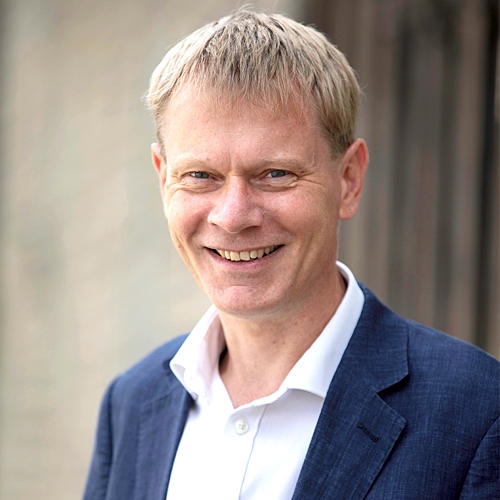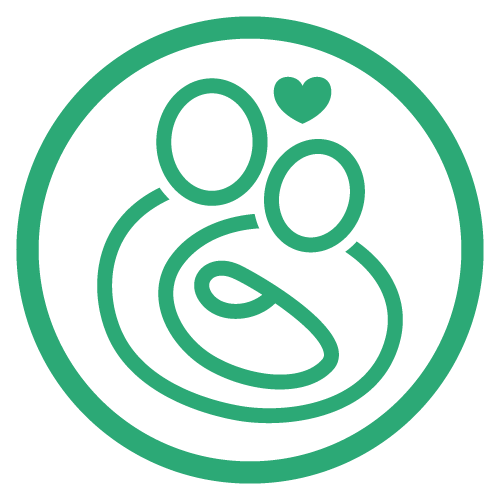 Fathers in Perinatal Care Online Course(s) & Continuing Education
Fathers in Perinatal Care Online Course(s) & Continuing Education
Access the latest clinical skills and research for Fathers in Perinatal Care for PREGNANCY, LABOUR & CHILDBIRTH professional training. These Fathers in Perinatal Care online courses provide practice-changing skills and valuable perspectives from leading global experts. This Fathers in Perinatal Care education has been accredited for a variety of CEUs / CERPs and can be accessed on-demand, at your own pace.
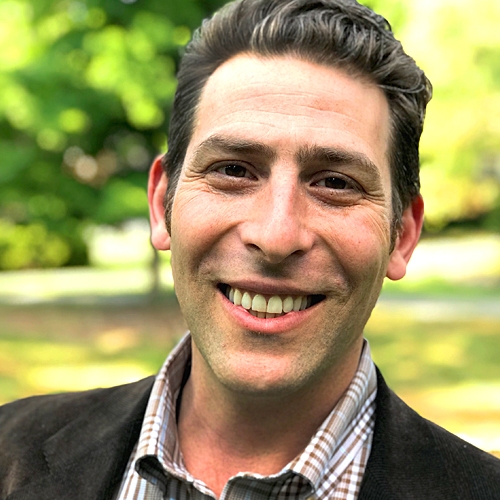

Dr. Yale Nogin is the creator of The Hero Dad™ Program taught at Piedmont and Kennestone Hospitals in Atlanta, GA and is the author of The Hero Dad’s Infant Manual. He has been teaching classes for expecting, new and adopting fathers over the last 15 years and counting.
His program focuses on empowering men with relevant principles, skills, systems and behaviors that earn respect from their partners which enable the couples to co-create a relaxed home environment. Being a new father with an Infant management system, post-partum support skills, and a system for “listening to understand” help new fathers feel confident and willing to participate early on which helps keep them invested in their family.
Dr. Nogin is passionate about preventing the fatherlessness epidemic from getting worse. The time surrounding birth is a crucial time to equip men with skills to help navigate the many changes and responsibilities that come with being a parent and partner so men want to come home at night.
The perinatal period is a pivotal point in lives of both expecting mother and father. This time period can prove to be a perfect opportunity for the birthing community to help men engage with their upcoming role and responsibilities of fatherhood and “husband-hood w/baby”. If we are able to positively influence men to be engaged with their new family from the beginning we can increase the odds of positive birth outcomes. Unfortunately, men report to feel “left out” and “marginalized” during the prenatal visits, education and delivery. To create a change and help create better family outcomes we must work together to bring men more into the fold during this time period. We will discuss ways in which the birth community can help men such as being more conscious of where men are emotionally during the perinatal visits and by using positive reinforcement of what new relevant fatherhood and masculine behavior looks like such as the ability to listen and understand our partners, self-awareness and self-control as well as our openness to grow and learn these modern behaviors and skills that most men today have not been exposed to in order to the respect they are seeking from their partners and children.

View Details / Enroll

Father Inclusive Prenatal Care: Coparenting Support for Expectant Fathers and Mothers

Paul Florsheim is a professor of public health at the University of Wisconsin Milwaukee and a Clinical Psychologist. He received his BA in History from Wesleyan University, an MA in Social Sciences from the University of Chicago, and a PhD in Clinical Psychology from Northwestern University. Dr. Florsheim’s research interests include public health approaches to supporting the development of adolescents and young adults, with a particular focus on healthy relations and the prevention of mental illness. He teaches courses at the that intersection of mental health and public health, including workshops on supporting young parents across the transition to parenthood. Dr. Florsheim has published over 50 journal articles and three books, including "Lost and Found: Young Fathers in the Age of Unwed Parenthood" and "The Young Parenthood Program: A Guide to Helping Young Mothers and Fathers Become Effective Co-parents, both published by Oxford University Press. Among his current research/intervention endeavors, Dr. Florsheim is co-directing the Father Inclusive Prenatal Care study in Chicago, which is funded by the Administration for Children and Families.
Father Inclusive Prenatal Care (FIPC) services are designed to provide expectant fathers with co-parenting support and parent education to help assure a successful transition to parenthood. We know that children are more likely to thrive when fathers are positively engaged in child-rearing. The two fundamental premises of the FIPC model are that: (1) many new fathers need support to successfully meet the interpersonal and psychological challenges of parenthood; and (2) prenatal clinics are well situated to address this need by expanding services to include expectant fathers. The FIPC approach begins with an engagement process that underscores the developmental significance of fatherhood, identifies what each father needs to prepare for parenthood, and tailors services to address those needs. The components of the FIPC program include communication skill building, psychoeducation about newborn care, and psychological support to help young men and women develop their identities as parents. This presentation will be delivered in three parts. Part one introduces the FIPC model, describing the step by step process of program delivery. Part two uses case material to demonstrate how to tailor FIPC services to individualized needs. Part three briefly describes ongoing research that supports the efficacy of the FIPC model.
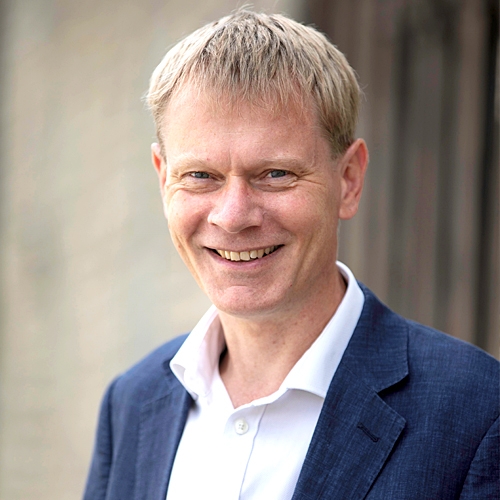

Duncan Fisher promotes and develops support for parents to advance child health and development. In the last year he has been working with breastfeeding researchers across the world and with the World Alliance for Breastfeeding Action to advance the idea of "breastfeeding as teamwork", following striking findings from research of the high gains from engaging with fathers and other family members. In UK he co-founded the Fatherhood Institute and for three years he served on the Board of the Government’s gender equality body, the Equal Opportunities Commission. He manages the website, FamilyIncluded.com, where all recent research on breastfeeding and fathers/families is reported. He initiated and currently manages a website for Cambridge and Princeton Universities reporting research on child welfare and development, ChildandFamilyBlog.com. He was awarded an OBE by the Queen in 2008 for his “services to children”. Duncan lives in Wales and divides his time between family work and work to support sustainable economic development in his home country.
Breastfeeding programmes that engage fathers are more effective than ones that only involve mothers and professionals. This accords with research that has shown that family is the main influence on breastfeeding. The way that families influence breastfeeding is diverse, depending on the make-up of the family, local culture and location (e.g. urban/rural). The influence of fathers is not necessarily intentional, but what fathers think and do influences the situation in almost every situation. In this presentation I will describe the principles of success that have been learned from programmes with published evaluations. These principles can be summed up in the phrase recently adopted by the World Alliance for Breastfeeding Action, "breastfeeding is teamwork".
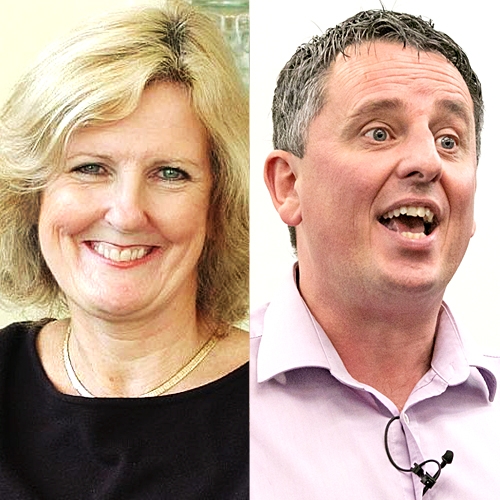
The Importance of Fathers' Mental Health

Jane has been interested and concerned with perinatal mental health(PMH) for over 35 years. During this time Jane has researched attitudes, ethnic beliefs and the mental health of fathers around this time. She is an honorary Lecturer on PMH at Swansea University and is a Past President of the International Marcé Society for Perinatal Mental Health. She is a currently on the Executive Board. She is also on several PMH committees, both nationally and internationally. Jane has written 2 books on PMH and is in the process of writing a third. She has written many peer reviewed articles and has been a speaker at national and international conferences. Jane is the Director of the PMH Training Company which, working in partnership with other experts in the field, including Mark Williams, delivers high quality training to health professionals and those practitioners concerned with families affected by perinatal mental disorders and illness.
Mark Williams is a keynote speaker, author and International campaigner. In 2004 he himself experienced depression and suffered in silence for years until a breakdown. He founded International Fathers Mental Health Day and #Howareyoudad campaign to make sure all parents are having support for the whole family.
Mark has spoken on television and radio stations around the world and works with Dr Jane Hanley who has both published articles on Fathers Mental Health together. Mark was awarded Inspirational father of the year and local hero at the Pride of Britain Awards in 2012 and was invited to meet The Royal Family on World Mental Health Day in 2016.
The importance of fathers’ mental health is increasingly recognized as a significant factor in family life. As the construct of traditional society changes, it is becoming more commonplace for the father to be the primary carer of the infant. Should the mother suffer from a mental illness or disorder, then often the father is her main carer too. Studies have shown that if the father also suffers from mental ill health, this can have a significant impact on the relationship with the mother and have a detrimental effect on the development of the infant. Historically, men are conscious of their role as the provider and protector. The social expectations of men often preclude them from disclosing their feelings; therefore there is a tendency for them to confide their personal concerns to smaller networks of individuals, as they often fear they risk rejection should they admit to them publically. Studies have shown that if the complexities of their relationship with the partner are too much of an encumbrance, fathers often become distressed, frustrated and either withdraw into an activity or sport with which they feel more in control or resort to negative coping skills and misuse drugs and /or alcohol. They are more likely to ask for help when they experience suicide ideation. There are approximately 6,000 suicides annually in the UK.





